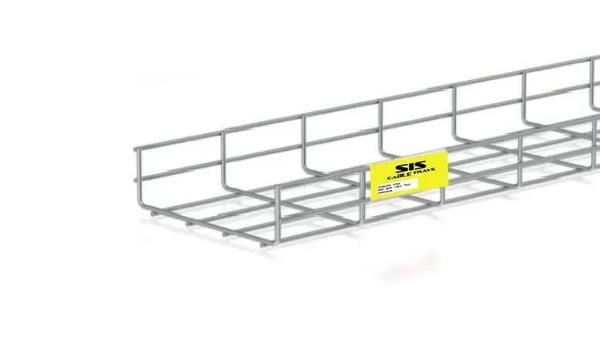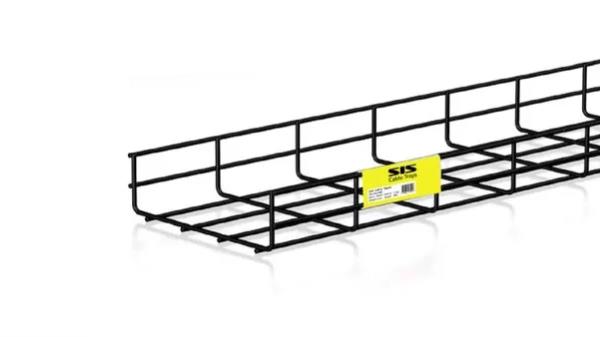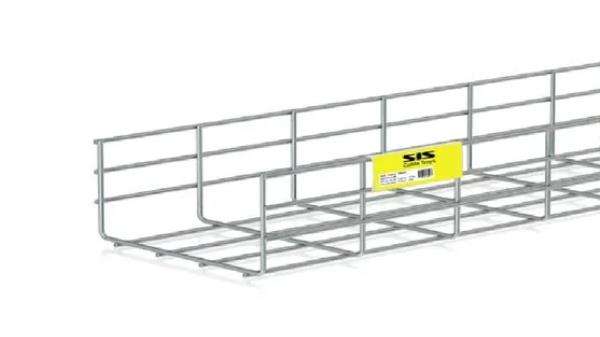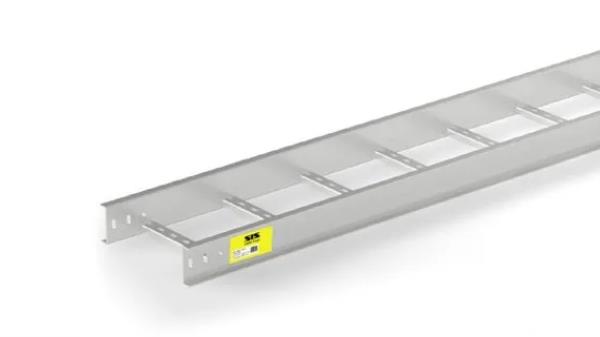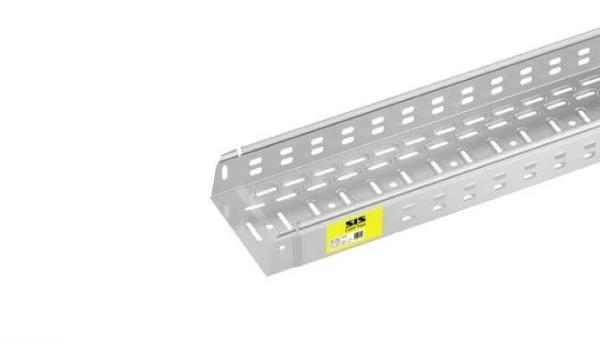
Our Perforated Cable Trays are designed to provide excellent support and protection for power and data cables in data centers, industrial facilities, and commercial projects. The perforated base design offers both strength and airflow, ensuring cables remain cool while being safely routed and organized. These trays are ideal for medium to heavy-duty cabling where continuous support is required.
One of the major advantages of perforated trays is their versatility. The evenly spaced perforations allow easy attachment of cable ties and accessories, ensuring neat cable management while reducing the risk of sagging. The perforated design also enhances ventilation, preventing overheating of bundled cables. Installation is straightforward, with trays that can be cut, joined, or bent on-site to meet specific routing needs.
These trays are manufactured in a wide range of materials, including mild steel, aluminum, hot-dip galvanized steel, and stainless steel (SS304/SS316), with options for powder coating. Their smooth edges and controlled surface finish (Ra ≤ 3.2 μm) prevent cable damage during installation and operation. This makes them a reliable choice for structured cabling in IT, telecom, and electrical applications.
Available Sizes
- Width: 50mm to 900mm
- Height: 25mm to 150mm
- Length: 2500mm – 3000mm (standard)
- Thickness: 1.2mm – 3.0mm (depending on load requirements)
- Custom sizes can be manufactured on request
Technical Data
- Surface Roughness (Ra): ≤ 3.2 μm for cable protection
- Ventilation: 30–40% open area for natural cooling
- Load Capacity: Up to 150–250 kg/m (depending on span and tray width)
- Materials: Mild Steel, Hot-Dip Galvanized, Stainless Steel (304/316), Aluminum, Powder-coated options
- Operating Temperature: -40°C to +120°C
- Earthing/Bonding: Conductive perforations and side rails allow reliable grounding
Thanks to the combination of strength, adaptability, and ventilation, our Perforated Cable Trays are the ideal solution for structured cable management in data centers, telecom facilities, and industrial power distribution systems. They provide continuous support, reduce cable stress, and ensure long-term system reliability.


